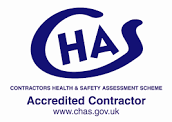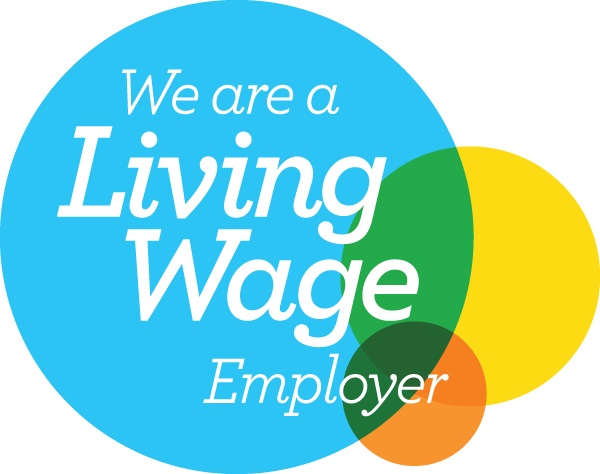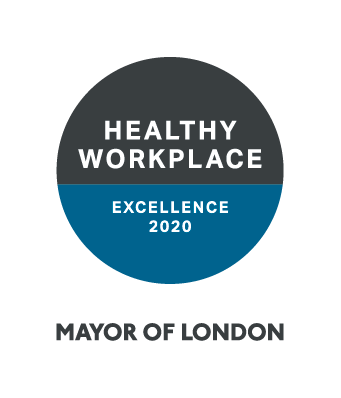
How do you manage risk in a forensic mental health hostel?
Robust risk management is key to the on-going success of the Tilt project. Bridge staff work closely on risk management with clinical partners from Oxleas Community Forensic Team in collaboration with our residents. Relational security and good communication underpin the work that goes on at the Tilt project. The MDT meets weekly to review dynamic risk factors and discuss residents’ progress. The strong, professional relationships between staff and residents mean any changes in mental health and behaviour are picked up quickly along with any antecedents that occurred in previous offences. These issues are addressed with residents before they escalate into serious problems.
How is your reoffending rate measured?
We have tracked the reoffending rate of clients who have been through our service since 2003. Only 1.58% of clients have reoffended for each of the past 5 years, as opposed to 50% national average.
Since the service began in 2003, year on year reoffending rates have consistently been less than 5% per year. This not only not includes offences that resulted in a criminal conviction, but also offences that were dealt with under the mental health act. None of the offences that occurred in the last ten years were considered serious or caused physical harm to other people.
How can you provide such cost-effective services?
We have low central-office costs, which means we can spend money where it’s needed most, supporting our clients. We also employ highly trained, dedicated staff who are extremely effective at what they do.
How much does the service cost?
Tilt costs £70,000 per year per client (including input from the clinical team), in contrast to £185,000 per person per year to keep someone in a medium secure hospital. This represents a saving of £115,000 per year per client.
How do you measure your outcomes?
50% of the people who have gone through the Tilt service now live independently in the community without support.
Clients who have been through the Tilt service have low readmission and recall rates. Around 76% stay out of hospital long term.
What is the procedure for commissioning the Tilt service?
For referral enquiries, please contact us at tiltreferrals@bridgesupport.org
What happens if a client needs clinical support?
Clinical support is provided in partnership with Oxleas Community Forensic team. All residents, as well as being assigned a key worker and STaR worker from the Bridge team, also have a responsible clinician, care co-ordinator, and social supervisor (where indicated) from Oxleas. They also get OT and psychological services where required. The Bridge and Oxleas teams work closely together and have weekly MDT meetings. Any concerns regarding deterioration in a resident’s mental health are communicated to the clinical team immediately. This includes using the on-call forensic psychiatrist out of hours if necessary. Experienced Bridge staff implement adapted care plans prescribed by the clinical team to support residents if they experience a mental health crisis. In most cases, this enables residents to stay at the project and avoid traumatic short-term admissions to hospital.
The quality of care delivered has been excellent, the economic argument is a powerful one comparing the cost of placement in secure hospitals with the scheme provided at the TILT project.
John Enser, Oxleas NHS Foundation Trust
How you can work with us
As well as the normal tendering process, you can commission our forensic services in the following ways:
- Use the Live Chat
- Pick up the phone to speak to us on 020 8298 9677
- Email us to discuss spot contracting OR delivery of a bespoke service that meets your needs






